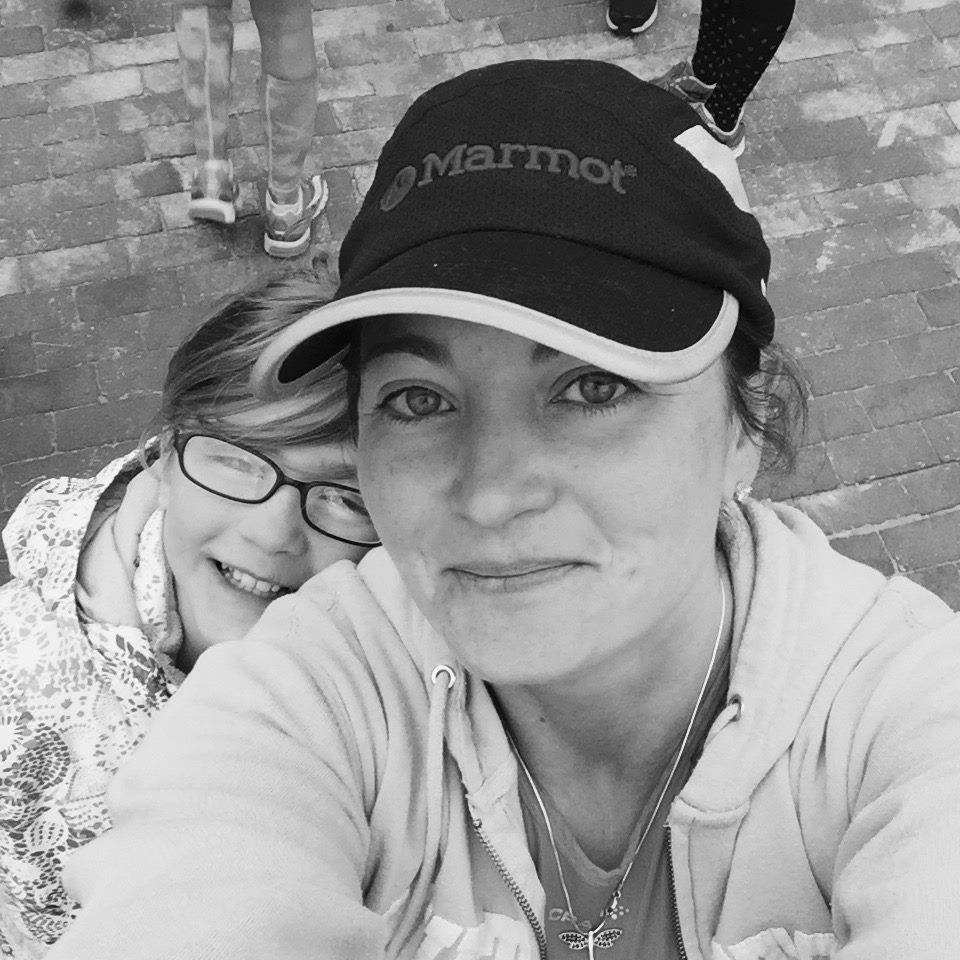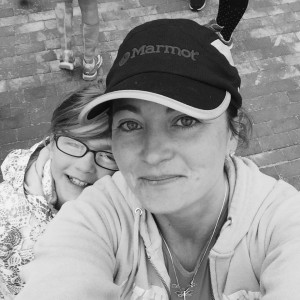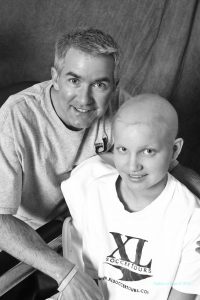7/18/2016
·Enable high contrast reading
Your Voice - Family Advisory Council

 If you are spending a lot of time in hospitals, you might want to consider joining a Family Advisory Council. Most hospitals have them. A Family Advisory Council is a group of family members and staff who come together to make the hospital experience a more positive one for pediatric patients. Usually meetings are once a month and the council will give you the option to sit on other committees in the hospital as well.
If you are spending a lot of time in hospitals, you might want to consider joining a Family Advisory Council. Most hospitals have them. A Family Advisory Council is a group of family members and staff who come together to make the hospital experience a more positive one for pediatric patients. Usually meetings are once a month and the council will give you the option to sit on other committees in the hospital as well.
I live in the state of Massachusetts, where it is a law that every hospital needs a Family Advisory Council. I also happen to be a member of the oldest one, at Massachusetts General Hospital. At first, I wondered if my experiences, or the experiences of my family were enough to be a positive contribution to the hospital, but what I found is that the staff was very open to my input. They want to make the inpatient experience better for kids, and they want to hear from parents on how to make that happen. I looked at it like this: every mom can join the PTA to make schools better for their kids, but not many moms can improve the care of pediatric patients because there just aren’t that many moms with that experience. It was something I could do with my unique skill set.
All Family Advisory Councils are different, with different membership requirements, term limits, by-laws, and commitments. I can only speak to what I do with our FAC, which is composed of roughly twenty members, half of whom are parents. We have a monthly meeting that includes dinner and is about two hours long. During these two hours, we usually have a presentation by a different department in the hospital that needs our advice. We’ve given advice on plans for the new Emergency Department, grief baskets for families, guidebooks for cancer treatment, or staff helpfulness, to name a few.
We spend a lot of time on communication. We speak to residents on their first day of training about bedside rounding and the importance of including the family on making decisions. We speak to fellows about giving bad news and assist in role plays. We help to run workshops for staff. We sit in with nurses and address both communication and their concerns.
We also review documents for the hospital. The parents take turns reading and editing documents that are going out the public surrounding a variety of issues, including proper disposal of medications, feeding your baby solid foods, or how to talk to your child after a national tragedy.
Many of us sit on committees in the hospital, including the Quality and Safety committee, the Ethics committee, and the Inpatient Satisfaction Committee. Then we report back to the group at the monthly meeting. We also serve as “secret shoppers” for outpatient clinic visits, grading the environment of the clinic as well as the partnership with the medical providers.
All of these things benefit the hospital, and by extension, will benefit my child. In fact, the way I look at it, there are a lot of benefits for me and my child. One is that the more face time I get with doctors and nurses, the better care my child will receive, because we won’t be strangers. New residents come in every year, and they might not know my daughter’s complete medical history, but they might recognize me and remember that I talked to them about communication with families.
Another benefit for me is that I am with a group of parents who know what I am going through. They are also parents of kids who have life threatening illnesses, and I take strength just in knowing that they are there. I can go into the meeting and say, “We really had a tough blood draw today and I’m traumatized,” and they will know EXACTLY what I mean. It’s not something you can say on the soccer field or at school pick up, but it’s something you can say to other parents who are going through similar situations.
I know your time is valuable, and being the parent of a sick kid is really challenging, but consider joining a Family Advisory Council. It will help many children, including your own. It will also support you and your journey. Personally, I think it’s one of the best things that I do to give back to the organization that works so hard to help my child. I hope you find it just as rewarding.
Darcy Daniels is the mother of Wendy, a survivor of Hemolytic Uremic Syndrome, which blocks the small blood vessels of the body. Wendy has spent over 200 days in the hospital, and continues to suffer medical complications including a kidney transplant, insulin dependent diabetes and surgeries for her intestines. Darcy also works as a history professor at Mount Ida College. She is an advocate for chronically ill children and their parents, volunteering on the Family Advisory Council at Massachusetts General Hospital for Children and at Hospitality Homes. She shares her gentle wisdom gained over the years on her blog, Brave Fragile Warriors.
Meet the Courageous Parents Network Parent Advisory Board







